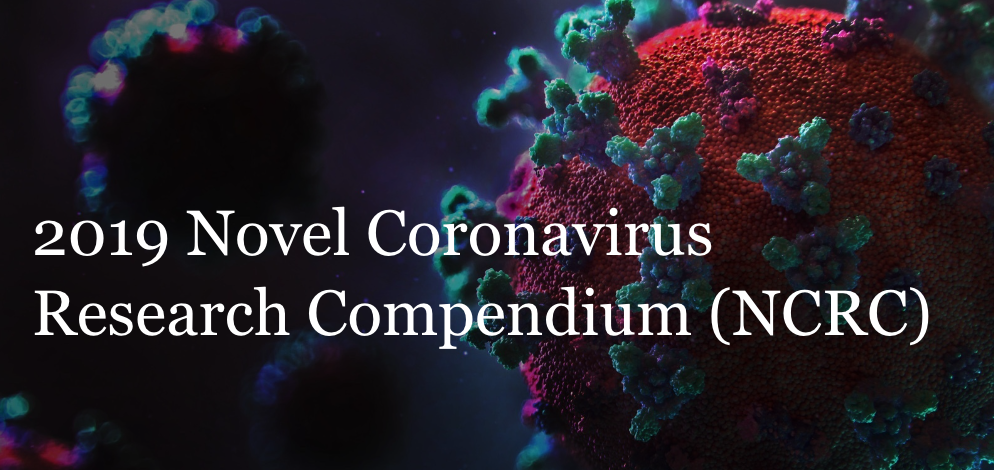Elapsed time since BNT162b2 vaccine and risk of SARS-CoV-2 infection: test negative design study
This article has been Reviewed by the following groups
Discuss this preprint
Start a discussion What are Sciety discussions?Listed in
- Evaluated articles (ScreenIT)
- Evaluated articles (NCRC)
- High interest articles (NCRC)
Abstract
Objectives
To determine whether time elapsed since the second injection of the Pfizer-BioNTech BNT162b2 mRNA vaccine was significantly associated with the risk of covid-19 infection after vaccination in people who received two vaccine injections.
Design
Test negative design study.
Setting
Electronic health records of a large state mandated healthcare organisation, Israel.
Participants
Adults aged ≥18 years who had received a reverse transcription polymerase chain reaction (RT-PCR) test between 15 May 2021 and 17 September 2021, at least three weeks after their second vaccine injection, had not received a third vaccine injection, and had no history of covid-19 infection.
Main outcome measures
Positive result for the RT-PCR test. Individuals who tested positive for SARS-CoV-2 and controls were matched for week of testing, age category, and demographic group (ultra-orthodox Jews, individuals of Arab ancestry, and the general population). Conditional logistic regression was adjusted for age, sex, socioeconomic status, and comorbid conditions.
Results
83 057 adults received an RT-PCR test for SARS-CoV-2 during the study period and 9.6% had a positive result. Time elapsed since the vaccine injection was significantly longer in individuals who tested positive (P<0.001). Adjusted odds ratio for infection at time intervals >90 days since vaccination were significantly increased compared with the reference of <90 days: 2.37 (95% confidence interval 1.67 to 3.36) for 90-119 days, 2.66 (1.94 to 3.66) for 120-149 days, 2.82 (2.07 to 3.84) for 150-179 days, and 2.82 (2.07 to 3.85) for ≥180 days (P<0.001 for each 30 day interval).
Conclusions
In this large population of adults tested for SARS-CoV-2 by RT-PCR after two doses of mRNA BNT162b2 vaccine, a gradual increase in the risk of infection was seen for individuals who received their second vaccine dose after at least 90 days.
Article activity feed
-
-

Our take
This study, available as a preprint and thus not yet peer-reviewed, is one of the first to investigate a potential decrease in effectiveness with increasing time since second dose of the Pfizer vaccine. Overall, very few breakthrough infections were detected, and some were caused by the Delta variant. However, experiencing a breakthrough infection was independently associated with being vaccinated >146 days (median time since vaccination) before the test date, and the odds were highest among those aged 60 years and older. The study did not investigate whether those experiencing breakthrough infections were more likely to have severe infections. These results suggest that there may be some reduction in the effectiveness of the vaccine to prevent infection over time, though more information on the frequency of severe …
Our take
This study, available as a preprint and thus not yet peer-reviewed, is one of the first to investigate a potential decrease in effectiveness with increasing time since second dose of the Pfizer vaccine. Overall, very few breakthrough infections were detected, and some were caused by the Delta variant. However, experiencing a breakthrough infection was independently associated with being vaccinated >146 days (median time since vaccination) before the test date, and the odds were highest among those aged 60 years and older. The study did not investigate whether those experiencing breakthrough infections were more likely to have severe infections. These results suggest that there may be some reduction in the effectiveness of the vaccine to prevent infection over time, though more information on the frequency of severe disease among those infected would be helpful to determine whether there is any change in protection against hospitalization or death.
Study design
retrospective-cohort
Study population and setting
This study was a retrospective cohort study using data from Leumit Health Services (LHS), which is a large, nation-wide healthcare provider in Israel. The main objective of this study was to determine whether the amount of time elapsed since a person’s second dose of the BNT162b2 (Pfizer) vaccine was significantly associated with an increased risk of post-vaccination SARS-CoV-2 infection. Individuals included in the study were LHS members who were fully vaccinated with the Pfizer vaccine and who were tested for SARS-CoV-2 infection by PCR between May 15, 2021 and July 26, 2021. The PCR test had to be performed at least two weeks following the second dose of vaccination. These criteria yielded test results from 33,993 individuals for analysis, who were divided into three age groups to reflect vaccine rollout stages: 18-39, 40-59, and 60 years and older. Models were developed for each age group to identify whether the time since vaccination was independently associated with the risk of having a positive PCR test, after adjusting for sex, ethnicity, socioeconomic status, and comorbidities.
Summary of main findings
Of the 33,993 individuals tested, there were only 608 positive PCR tests. The median time between second dose of vaccine and PCR test, for both positive and negative tests, was 146 days. The only factor independently associated with having a positive test in each age group was the elapsed time since the second dose of vaccine. Individuals were more likely to test positive via PCR if the time elapsed since the second dose of the Pfizer vaccine was longer than 146 days, compared to those vaccinated less than 146 days prior. The odds ratio for individuals 18-39 years was 1.67, 2.22 for ages 40-59 years, and 2.76 for ages 60 years and older.
Study strengths
This study included a large and well-defined cohort of fully vaccinated individuals (with the Pfizer vaccine) with similar health insurance, and therefore, similar access to healthcare services. Israel was one of the first countries to achieve high levels of vaccination within its population, so this population is optimal for assessing any potential waning of vaccine effectiveness over time. Finally, many infections during this time were attributed to the Delta variant, which allows for some interpretation of the ability of vaccines to protect against this variant.
Limitations
A major limitation of this study is that individuals who were vaccinated earlier may have been at higher risk for infection than those who elected to be vaccinated later, even after accounting for sex, ethnicity, socioeconomic status and comorbidities; although individuals were analyzed by age group, there could be differences by age even within age groups though no adjustments were made to account for this in the models. In addition, this study did not investigate whether longer elapsed time since second vaccine dose was associated with increased risk of severe disease when breakthrough infections occur.
Value added
This is one of the first studies investigating potential reductions in effectiveness of Pfizer vaccination over time.
-

SciScore for 10.1101/2021.08.03.21261496: (What is this?)
Please note, not all rigor criteria are appropriate for all manuscripts.
Table 1: Rigor
Ethics IRB: The study protocol was approved by the statutory clinical research committee of Leumit Health Services and the Shamir Medical Center Institutional Review Board (129-2-LEU).
Consent: Informed consent was waived because only deidentified routinely collected data were used.Sex as a biological variable not detected. Randomization not detected. Blinding not detected. Power Analysis not detected. Table 2: Resources
No key resources detected.
Results from OddPub: We did not detect open data. We also did not detect open code. Researchers are encouraged to share open data when possible (see Nature blog).
Results from LimitationRecognizer: An explicit section about the limitations of the techniques …SciScore for 10.1101/2021.08.03.21261496: (What is this?)
Please note, not all rigor criteria are appropriate for all manuscripts.
Table 1: Rigor
Ethics IRB: The study protocol was approved by the statutory clinical research committee of Leumit Health Services and the Shamir Medical Center Institutional Review Board (129-2-LEU).
Consent: Informed consent was waived because only deidentified routinely collected data were used.Sex as a biological variable not detected. Randomization not detected. Blinding not detected. Power Analysis not detected. Table 2: Resources
No key resources detected.
Results from OddPub: We did not detect open data. We also did not detect open code. Researchers are encouraged to share open data when possible (see Nature blog).
Results from LimitationRecognizer: An explicit section about the limitations of the techniques employed in this study was not found. We encourage authors to address study limitations.Results from TrialIdentifier: No clinical trial numbers were referenced.
Results from Barzooka: We did not find any issues relating to the usage of bar graphs.
Results from JetFighter: We did not find any issues relating to colormaps.
Results from rtransparent:- Thank you for including a conflict of interest statement. Authors are encouraged to include this statement when submitting to a journal.
- Thank you for including a funding statement. Authors are encouraged to include this statement when submitting to a journal.
- No protocol registration statement was detected.
Results from scite Reference Check: We found no unreliable references.
-


